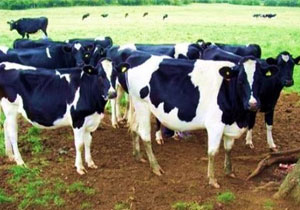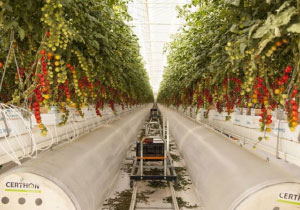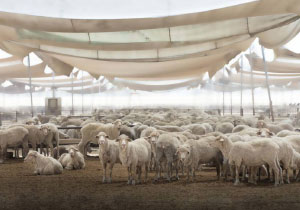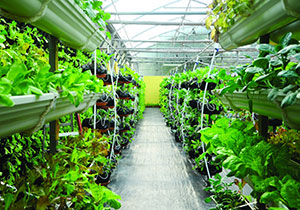The methods to preserve agricultural products
1- Water examining
2. Nutrient’s selection
3. Check the water temperature
4- Check the pH of the water
Water examining
You can send your water to the laboratory for examination. With "light" water you can provide nutrients for plants in the growing season. With "hard" water one might need a filter for emitting heavy steel and unwanted materials. Calcium and magnesium carbonates are common combinations in light and drinking water. Each required nutrient for the growing plant should be in a limited amount. Knowing their amount in water can determine the required amount.
Nutrient’s selection
Choosing nutrients for the hydroponic plant requires information. Essential nutrients include Calcium Nitrate, Potassium Sulfate, Potassium Nitrate, Potassium Phosphate, and Magnesium Sulfate. Each element related to these nutrients has different advantages.
• Hydrogen creates water through combination with oxygen.
•Nitrogen and sulfur are necessary to provide amino acids and proteins.
•Phosphorus is used in photosynthesis and growth.
•Potassium and magnesium function as a catalyst in the production of starch and sugar.
•Magnesium and nitrogen are involved in chlorophyll production.
•Calcium is a part of cell wall arrangement and is effective in cell growth.
Check water temperature
The best temperature for growing a plant is neither hot nor cold. If your solution is too cold, plants will not sprout. If your solution is too hot, your plants might be destroyed due to stress or lack of oxygen. The desired temperature for water is between 65 degrees (18 degrees Celsius) to 80 degrees (27 degrees Celsius). The plants which grow in a cold climate will grow in colder water; while the plants growing in a warm climate prefer warm water. When adding new water to the reservoir make sure its temperature is equivalent to the water in the reservoir.
Check the pH of the water
To examine the balance, you can use a PH meter.
You can maintain the PH balance between 5.5 to 7. PH balance finally affects the plants' ability to consume nutrients.
Balance ups and down is natural. The balance changes naturally; because the elements are absorbed by the plant.
Avoiding chemical addition is a way to prevent PH change.
If you have a weak environment for growth, this may influence the balance stability of PH.
In most urban water systems, adding Calcium carbonate increases the PH level of water. The average balance of PH in urban water is often higher than 8.
The cultivation of greenhouse agricultural products and seed's selection
After making sure that what kind of product you want to cultivate, you have to go to the next important stage, which is seed selection. A proper seed means a seed that corresponds to undesired conditions in terms of growing, feed, and stability. So, it is recommended that for choosing the seed, consult experienced gardeners. See what kind of seeds they have used in past years? Which one was more satisfying? What were the emitted ones' flaws? Generally, you have to know about their flaws and benefits. Consider in what season you will have the seeds you have chosen.
Today, in published catalogs from the seed producer companies, the general and technical features of the seed are mentioned comprehensively. For example, this seed is to cultivate in what season, what kind of disease it is resistant to, what does the fruit looks like, and so on. Therefore, before buying the seed study these features. To have the maximum profits, it is recommended to plant the products that can be harvested several times in a year.
The products that can be harvested several times in a year:
-Saffron
-Bell pepper
-Cucumbers and tomatoes
-Strawberries
-Fresh Herbs
-Eggplant
Seed selection
- Super User
- seed selection
- Hits: 380










